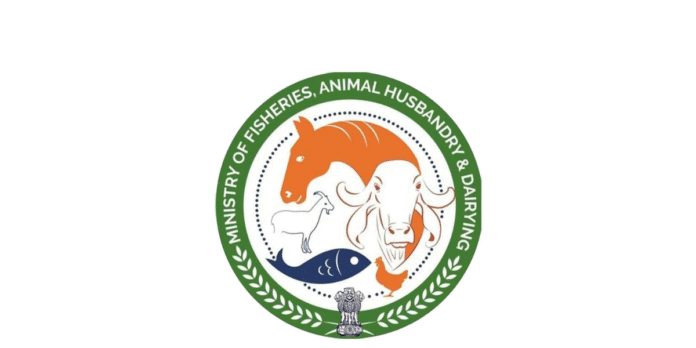The Ministry of Fisheries, Animal Husbandry and Dairying has granted additional time for public and stakeholder responses to two draft proposals that could reshape the regulation of India’s fishing sector. Initially set to close earlier this month, the consultation window for suggestions and comments has now been extended until September 15, allowing stakeholders, industry participants, and citizens more time to review and respond.
The draft proposals, first published on July 31 and August 1, focus on two key areas: guidelines for the sustainable harnessing of fisheries in the high seas by Indian-flagged fishing vessels, and rules for sustainable harnessing of fisheries within India’s Exclusive Economic Zone (EEZ). Both drafts have been issued under the Territorial Waters, Continental Shelf, Exclusive Economic Zone and Other Maritime Zones Act of 1976, which forms the legal backbone of India’s jurisdiction over its vast marine resources.
The extension has been notified through a public notice by the Ministry, reflecting the government’s intent to widen the space for consultation before finalising the regulatory framework. Stakeholders are being encouraged to submit their comments and suggestions in the form of MS-Word files via email to jsfy@nic.in. The Ministry has also published additional information and documentation on its official website to assist respondents in engaging with the draft.
The proposals themselves are viewed as critical steps toward balancing economic activity in the fisheries sector with ecological sustainability. India, with its extensive coastline and sizable EEZ, has long relied on marine resources for livelihoods, nutrition, and export revenues. However, concerns have steadily grown about overfishing, depletion of fish stocks, and unregulated activity in high seas. By laying out formal guidelines for Indian-flagged vessels operating beyond territorial waters, the Ministry aims to ensure responsible exploitation of these resources in line with international norms and best practices.
The EEZ proposal, meanwhile, is expected to establish clear rules for sustainable practices closer to India’s shores. The EEZ extends up to 200 nautical miles from the baseline, making it a significant zone for both artisanal and industrial fishing. Regulating activity in this zone is crucial not only for conserving marine biodiversity but also for safeguarding the livelihoods of millions of small-scale fishers who depend on coastal ecosystems.
Extending the deadline for consultation gives industry groups, fisher associations, environmental organisations, and state governments more time to study the implications of the proposals. Such engagement is seen as essential to crafting regulations that are practical, enforceable, and aligned with ground realities. Experts suggest that broader participation could help address potential conflicts between conservation goals and the economic needs of fishing communities.
The draft rules also come at a time when global attention on marine resource governance is intensifying. India, as a major fishing nation, faces international pressure to align its practices with sustainability goals outlined by bodies such as the Food and Agriculture Organization (FAO) and under frameworks like the United Nations Convention on the Law of the Sea (UNCLOS). Clear and enforceable rules are also seen as vital for strengthening India’s position in global seafood trade, where compliance with sustainability standards is increasingly demanded by importing countries.
For local fishing communities in coastal states and territories, including the Andaman and Nicobar Islands, the outcome of these proposals could be particularly significant. The islands’ economy is closely tied to marine resources, and sustainable practices are critical to preserving both livelihoods and fragile ecosystems. Engagement during the consultation period could help ensure that the specific challenges of remote territories are taken into account.
The Ministry has positioned the extension of the deadline as a step to ensure inclusivity in policymaking. Whether the final rules succeed in balancing the competing objectives of growth, livelihood protection, and ecological preservation will depend largely on the quality and breadth of feedback received during this extended window. With the new September 15 deadline approaching, stakeholders across the spectrum are being urged to make their voices heard in shaping the future of India’s fisheries governance.





